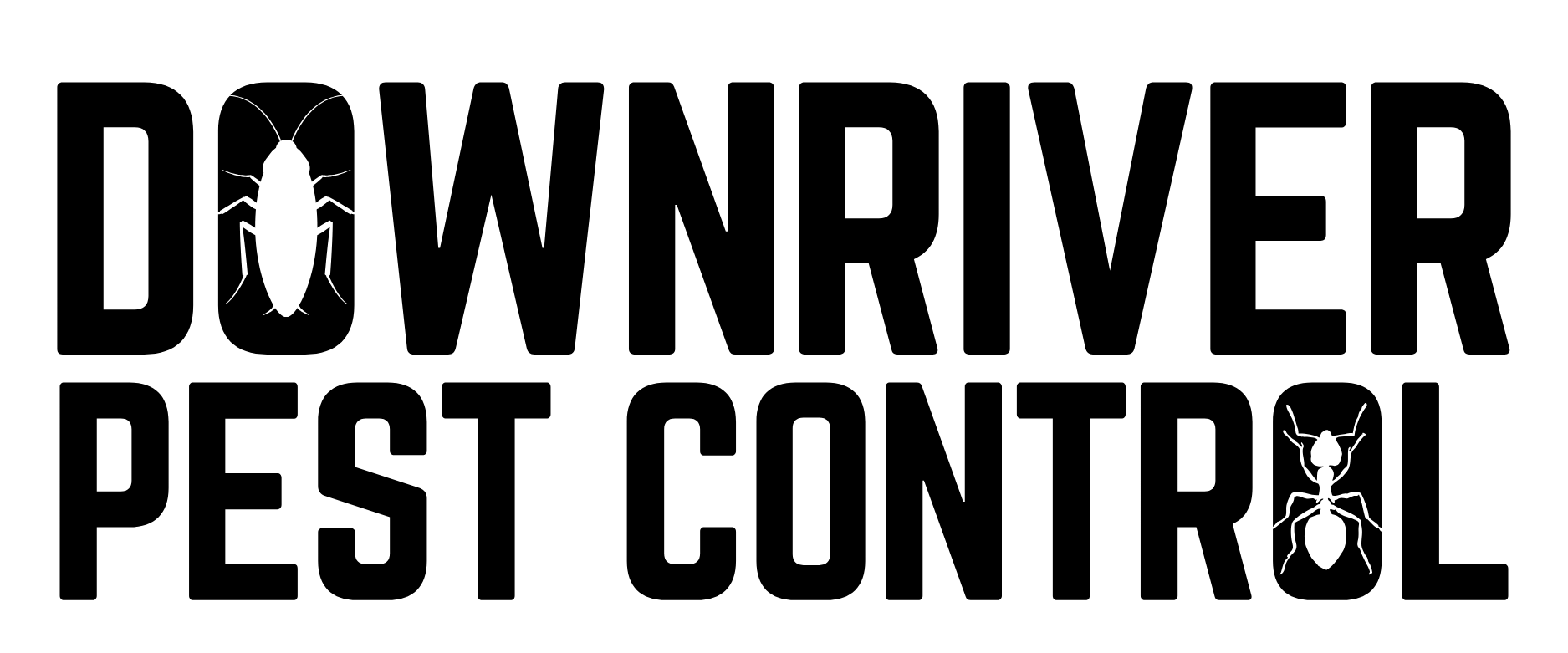
Mice
Contact Us
Mice Facts
- Notorious Chewers: Mice have a strong need to chew on things to keep their teeth from growing too long. They can gnaw through wood, plastic, and even electrical wires, causing damage to homes and infrastructure.
- Excellent Climbers: Mice are skilled climbers and can easily scale vertical surfaces. They use their sharp claws to grip onto various materials, allowing them to access food and shelter in hard-to-reach places.
- Nocturnal Creatures: Most mice are nocturnal, which means they are most active during the night. They have adapted to low-light conditions and have excellent night vision.
- Reproduction Rate: Mice are known for their high reproductive rate. A female mouse can give birth to a litter of up to 12 pups every three weeks under ideal conditions, contributing to their rapid population growth.
- Keen Sense of Smell: Mice have a highly developed sense of smell, which they use to navigate, communicate, and detect predators or food sources.
- Omnivorous Diet: Mice are omnivores, which means they eat both plant and animal matter. Their diet can include grains, fruits, seeds, insects, and even small vertebrates.
- Short Lifespan: In the wild, mice typically have a short lifespan due to predation and harsh environmental conditions. They usually live for around 1-2 years.
- Territorial Behavior: Mice are territorial creatures and tend to establish and defend their own territories. They use urine and scent markings to communicate with other mice about their territory.
- Social Creatures: Mice are social animals and often live in groups, known as colonies or mischief. These groups typically consist of related individuals.
- Variety of Species: There are over 1,000 species of mice worldwide, with varying sizes and colors. The house mouse (Mus musculus) is one of the most common and widely recognized species.
- Human Companions: Mice have been kept as pets for centuries. Fancy mice, a domesticated variety, are often kept as pets due to their small size and friendly demeanor.
- Contributions to Science: Mice are frequently used in scientific research due to their genetic similarities to humans. They have played a crucial role in understanding genetics, diseases, and drug testing.
- Fast Runners: Mice are incredibly fast runners and can reach speeds of up to 8 miles (13 kilometers) per hour, allowing them to quickly escape from predators.
- Whisker Sensitivity: Mice have highly sensitive whiskers (vibrissae) that help them navigate in the dark and avoid obstacles. These whiskers can detect even slight changes in their environment.
- Influence in Folklore: Mice have often appeared in folklore and fables around the world, where they are sometimes portrayed as clever and resourceful characters.
These mouse facts showcase the fascinating and diverse characteristics of these small rodents that play important roles in both the natural world and human society.
How To Prevent Mice
- Seal Entry Points:
- Inspect your home for gaps, cracks, and holes in walls, doors, and windows, and seal them with caulk, steel wool, or weatherstripping.
- Secure Doors and Windows:
- Install door sweeps and ensure that doors and windows close tightly to prevent mice from squeezing through.
- Keep a Clean Environment:
- Remove clutter and maintain cleanliness in your home, as mice are attracted to food crumbs and nesting materials.
- Store Food Properly:
- Use airtight containers to store food items like grains, cereals, and pet food to deny mice easy access to their food source.
- Dispose of Garbage Properly:
- Seal trash cans with tight-fitting lids and take out the garbage regularly to avoid providing mice with a readily available food source.
- Maintain Yard Cleanliness:
- Trim vegetation and maintain a tidy yard to reduce hiding spots and nesting areas for mice.
- Store Firewood Away:
- Keep firewood, lumber, and other potential nesting materials stored at a distance from your home.
- Properly Store Birdseed and Pet Food:
- If you have bird feeders or outdoor pets, make sure to store their food in airtight containers and clean up any spillage.
- Fix Leaks and Drainage Issues:
- Repair leaky pipes and ensure proper drainage to eliminate water sources that may attract mice.
- Regularly Clean and Maintain Your Home:
- Regularly vacuum and mop floors, wipe down countertops, and wash dishes promptly to eliminate food residue.
- Use Mouse Traps:
- Place mouse traps in areas where you suspect mouse activity, especially along walls, near food sources, and in dark corners.
- Consider Ultrasonic Repellents:
- Some people find success using ultrasonic repellent devices that emit high-pitched sounds to deter mice.
- Keep Outdoor Trash Bins Clean:
- Clean and disinfect outdoor trash bins regularly to minimize odors that may attract mice.
- Maintain Proper Ventilation:
- Ensure good ventilation in your home, especially in basements and attics, to discourage mice from nesting.
- Remove Outdoor Clutter:
- Eliminate clutter in your yard, such as old equipment or debris, which can serve as hiding spots for mice.
- Trim Trees and Bushes:
- Trim branches and bushes that touch your home, as mice can use them as pathways to access your house.
- Monitor for Signs of Infestation:
- Regularly inspect your home for signs of mouse activity, such as droppings, gnawed items, or chewed wires, and take action promptly if you suspect an infestation.
- Consult a Professional:
- If you have a persistent mouse problem, consider hiring a pest control professional who can assess the situation and implement effective measures to eradicate the infestation.
By implementing these preventive measures, you can significantly reduce the risk of mice invading your home and causing problems.

